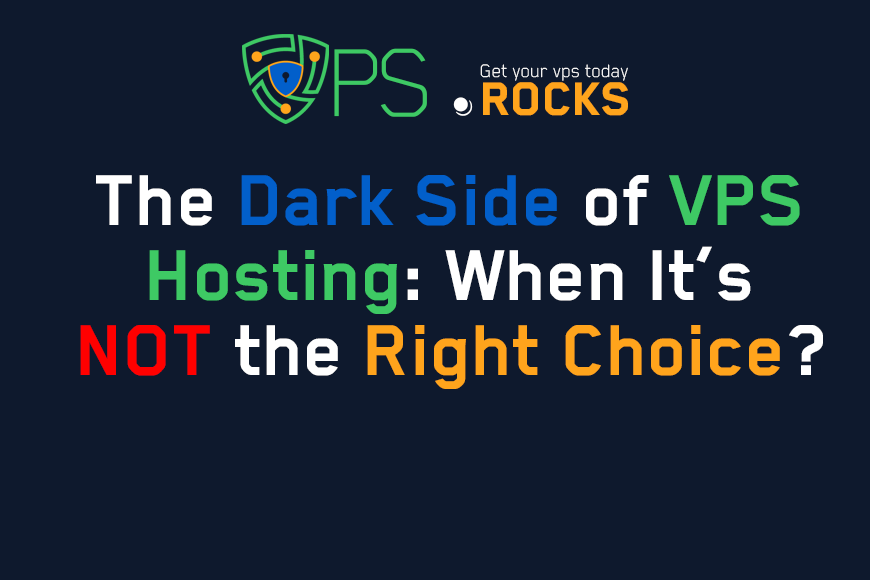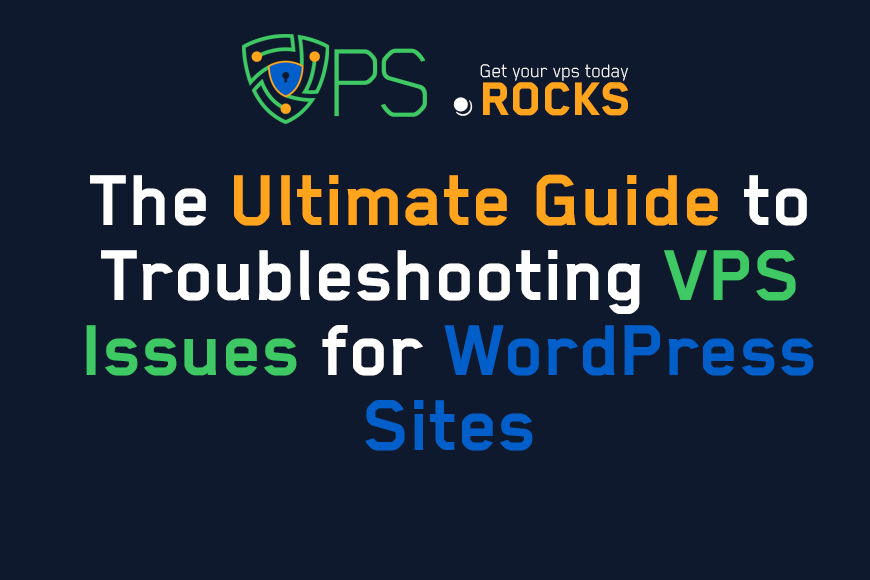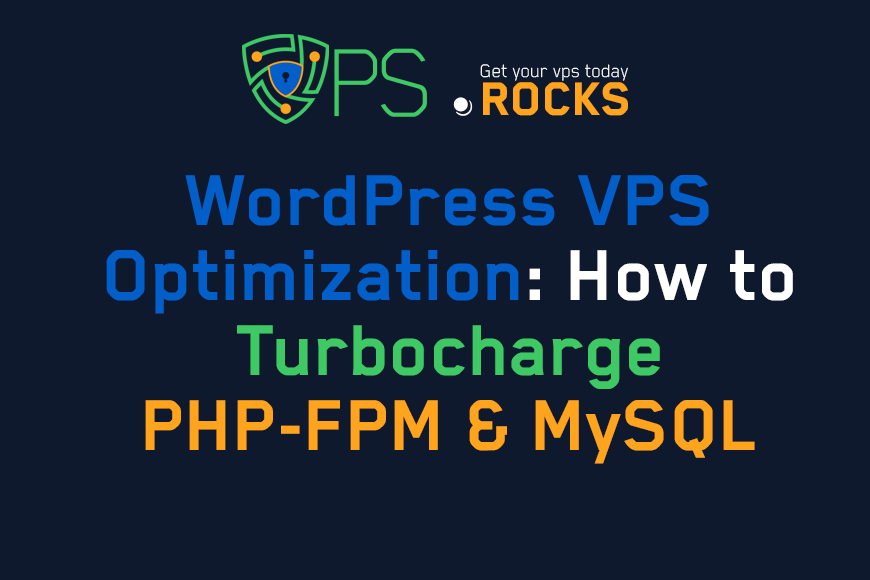
The Dark Side of VPS Hosting: When It’s NOT the Right Choice?
Content Tree
Picture this: A small online boutique migrates to VPS hosting expecting faster speeds and total control. Six months later, they’re drowning in server maintenance costs, battling downtime from misconfigurations, and wishing they’d stuck with shared hosting. While VPS (Virtual Private Server) hosting is praised for its power and flexibility, it’s not a one-size-fits-all solution. In fact, 23% of businesses downgrade from VPS within a year (Hosting Tribunal, 2023) due to unexpected complexities. Let’s explore when VPS hosting becomes a liability—and what to use instead.
1. When Your Website is Small (And Likely to Stay That Way)
The Shared Hosting Advantage
If your site gets under 10,000 monthly visits or uses minimal resources, shared hosting is like renting a cozy studio apartment: affordable, maintenance-free, and sufficient for basic needs. VPS, by contrast, is like leasing a 3-bedroom house you’ll never fully use.
Cost Comparison:
- Shared Hosting: 3–15/month (managed, includes support).
- VPS Hosting: 10–100+/month (unmanaged, plus $50+/hour for IT help).
Real-World Example: A local bakery’s website (50 daily visitors) switched to VPS for “growth potential” but spent $1,200/year on unused RAM and server management.
2. When You Lack In-House Technical Expertise
The Hidden Labor Tax of VPS
VPS requires YOU to handle:
- Security patches and kernel updates
- Firewall configurations
- Backups and disaster recovery
By the Numbers:
- 63% of SMBs admit they lack skills to self-manage a VPS (TechRadar Pro, 2023).
- Average cost of hiring a sysadmin: $70,000/year (Salary.com).
Expert Quote: “VPS is like owning a car—you can’t just drive it. You need to change the oil, rotate tires, and fix engine codes.” — Mark R., DevOps Engineer.
3. When Budget Predictability Matters More Than Control
VPS Cost Surprises
While base plans seem affordable, extras pile up fast:
- Control panels (cPanel: $15/month)
- SSL certificates
- Backup storage ($0.09/GB on AWS)
- DDOS protection (10–10–30/month)
Alternative: Managed Cloud Hosting
Platforms like Kinsta or WP Engine include:
- Automatic scaling
- Built-in security
- Expert support
- Fixed monthly pricing
4. When Scalability Isn’t a Priority
The Myth of “Future-Proofing”
VPS is often sold as scalable, but manual upgrades require downtime and migration work. For seasonal businesses (e.g., holiday stores), cloud hosting auto-scales instantly during traffic spikes.
Case Study: A tax advisory firm’s site crashed during April 15th rush despite having a VPS. Their server couldn’t scale fast enough, losing $8k in potential clients.
5. When Security is Your Weak Spot
The Responsibility Shift
With VPS, you’re the security team. Miss one critical update, and hackers exploit vulnerabilities.
Common Oversights:
- Unpatched software (58% of breaches start here — Verizon DBIR 2023)
- Misconfigured firewalls
- No intrusion detection systems
Managed Hosting vs. VPS Security:
| Feature | Managed Hosting | Self-Managed VPS |
|---|---|---|
| Automatic Updates | Yes | No |
| Malware Scanning | Daily | DIY setup |
| DDOS Mitigation | Included | Extra cost |
| Compliance Certs | Pre-configured | Manual |
6. When Performance Isn’t the Priority
Overkill for Brochure Sites
A portfolio site with 10 pages doesn’t need dedicated resources. Shared hosting or static site generators (e.g., Hugo + Netlify) offer faster load times with zero maintenance.
Performance Myth: VPS isn’t inherently faster—it’s only as good as your optimizations. A bloated WordPress site on VPS can run slower than a lean site on shared hosting.
7. When Time is Your Most Precious Resource
The 10-Hour-a-Month Server Management Trap
VPS demands constant attention:
- Monitoring uptime
- Debugging PHP version conflicts
- Resolving “mystery” slowdowns
For solopreneurs or small teams, that time could be spent on sales, marketing, or product development.
How to Choose: VPS Hosting Alternatives Checklist
Ask These Questions:
- Do I need root access? If not, managed hosting is safer.
- Can I afford $1k+/year in hidden costs? Include labor and tools.
- Do I have 5+ hours/month for server admin? If not, avoid VPS.
Decision Flowchart:
- Static site? → Use Netlify/Vercel (free tier).
- WordPress blog? → Managed WordPress hosting.
- High-traffic app? → Cloud hosting (AWS/GCP).
FAQ: Critical Questions Answered
Q: Is VPS more secure than shared hosting?
A: Only if properly configured. Default VPS setups are often LESS secure than managed shared hosting.
Q: Can I switch from VPS to shared hosting easily?
A: Yes—most hosts offer free migration services to retain customers.
Q: What if I already regret choosing VPS?
A: Downgrade! Many providers let you switch plans without penalties.
VPS hosting shines for tech-savvy teams running complex apps, but for many businesses, it’s an expensive detour. Before committing, audit your technical capacity, budget for hidden costs, and weigh alternatives. Sometimes, less control means more freedom to focus on what matters: growing your business.
By understanding VPS hosting’s pitfalls, you’ll avoid costly mistakes and choose a solution that aligns with your skills, budget, and goals.
"The Dark Side of VPS Hosting: When It’s NOT the Right Choice?"
VPS.Rocks





